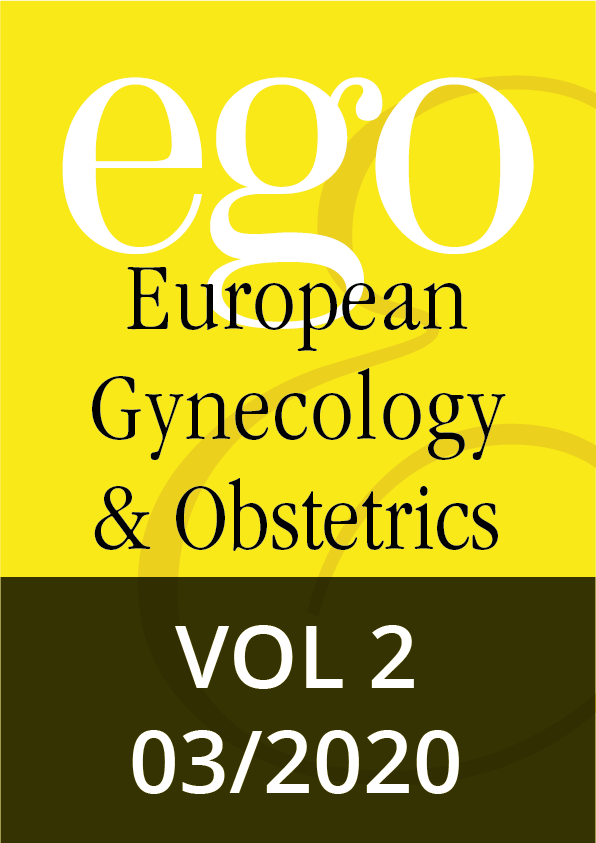Position paper, 134–148
Statements, 149–161
Reviews, 162–166
Case reports, 167–169
Case reports, 170–172
Case reports, 173–175
Original articles, 176–179
Original articles, 180–184
Original articles, 185–189 | DOI: 10.53260/EGO.202039
Original articles, 190–192 | DOI: 10.53260/EGO.2020310
Original articles, 193–196 | DOI: 10.53260/EGO.2020311
Book Review, 197–197 | DOI: 10.53260/EGO.2020312
Influenza-like illness and seasonal influenza vaccination during pregnancy: a flemish monocentric cohort study
Abstract
Background and purpose: Seasonal influenza vaccination is recommended during pregnancy, reducing the risk of severe influenza and potentially reducing neonatal complications. The impact of seasonal influenza vaccination on the incidence of influenza-like illness (ILI) during pregnancy was determined in this monocentric cohort study, since the literature on this subject remains unclear.
Methods: The primary outcome of this monocentric cohort study was the impact of seasonal influenza vaccination on the incidence of ILI during pregnancy. Several secondary maternal and neonatal outcomes were obtained using a patient questionnaire and data from electronic patient files. 493 patients were included.
Results: 62.5% of patients received seasonal influenza vaccination and 12.8% patients reported ILI. Maternal vaccination did not significantly reduce ILI during pregnancy (RR=0.80, 95%CI=0.50-1.27, p=0.35). Smokers were significantly less vaccinated, but no difference in ILI prevalence was found. Other maternal outcomes were not significantly influenced by vaccination or ILI. Lower educated patients reported more ILI and were less likely to receive vaccination. Neonatal outcomes were not influenced by maternal vaccination or ILI.
Conclusions: No significant association between vaccination and ILI was observed in this pregnant cohort. This could be attributed to multiple factors, mainly the low specificity of the ILI definition. A high number of pregnant patients received seasonal influenza vaccination.
Keywords: General obstetrics; prenatal vaccination; ILI; flu; maternal medicine.
Citation: Dumont S.,Danneels1 L., Influenza-like illness and seasonal influenza vaccination during pregnancy: a flemish monocentric cohort study, EGO European Gynecology and Obstetrics (2020); 2020/03:180–184
Published: July 1, 2020
ISSUE 2020/03

Position paper, 134–148
Statements, 149–161
Reviews, 162–166
Case reports, 167–169
Case reports, 170–172
Case reports, 173–175
Original articles, 176–179
Original articles, 180–184
Original articles, 185–189 | DOI: 10.53260/EGO.202039
Original articles, 190–192 | DOI: 10.53260/EGO.2020310
Original articles, 193–196 | DOI: 10.53260/EGO.2020311
Book Review, 197–197 | DOI: 10.53260/EGO.2020312
